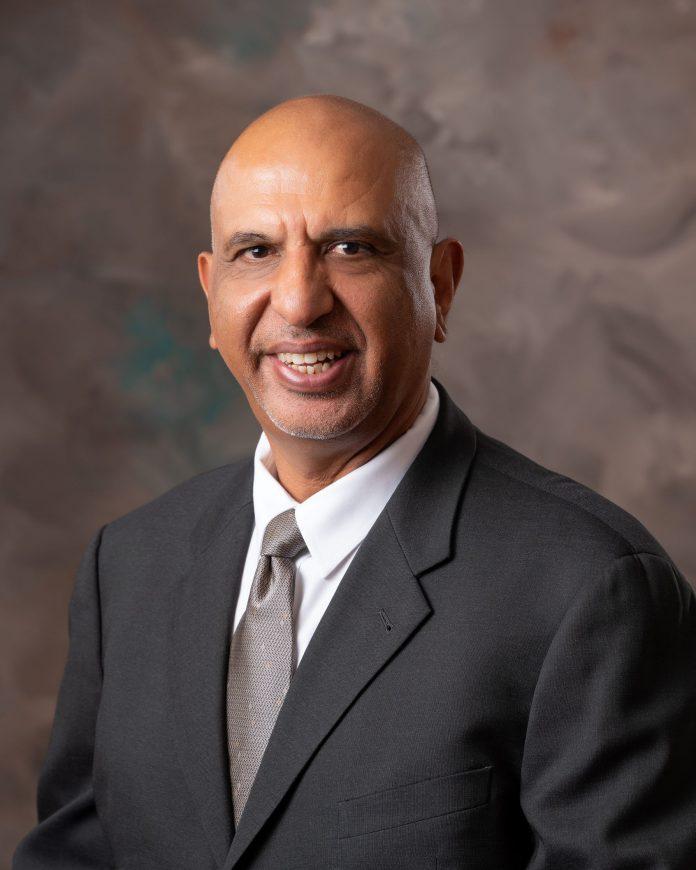Atrial fibrillation (AFib) affects approximately 3 million Americans according to the American Heart Association®. The condition can lead to blood clots, stroke, heart failure and other heart-related complications.
“Atrial fibrillation can be present in people with or without symptoms,” says Nikumjkumar Patel, MD, FACC, an interventional cardiologist at St. Mary’s. “Those with symptoms often experience heart palpitations, irregular heartbeat, dizziness, fatigue and tiredness.”
Dr. Patel answers some common questions below:
What is a heart arrhythmia?
“Atrial fibrillation is the most common type of heart arrhythmia and occurs when the upper chambers of the heart are irregular and the blood doesn’t flow to the lower chambers of the heart as well as it should. When the upper chambers and lower chambers aren’t coordinated, it causes the heart to beat irregularly,” explains Dr. Patel. “This causes blood to pool instead of being pumped completely into the ventricles (the heart’s two lower chambers).”

Why is it a concern?
“Patients with AFib are at high risk for stroke because the blood can pool in the upper chambers of the heart where it thickens and can clot. The clot can travel and block blood vessels resulting in a stroke,” says Dr. Patel. AFib-related strokes tend to be more severe than strokes with other underlying causes.
“Asymptomatic patients are at high risk for stroke because of not getting optimal treatment for this condition which can be diagnosed by an electrocardiogram (ECG/EKG) to measure heart function by measuring the electrical activity of the heart,” he explains.
How is AFib treated?
“AFib is treatable by using medication, blood thinners for stroke prevention and in some cases cardiac ablation, pacemakers or surgery,” says Dr. Patel.
What are the causes of AFib?
Risk factors increase with age and include high blood pressure, obesity, diabetes, heart failure, chronic kidney disease, smoking, and sleep apnea.
Talk to your doctor if you experience an irregular heartbeat. “Early detection is important,” emphasizes Dr. Patel. “People should be aware of symptoms, see a cardiologist and get worked up for optimal treatment.”
Learn more at stmarysregional.com/cardio

Physicians are on the medical staff of St. Mary’s Regional Medical Center, but, with limited exceptions, are independent practitioners who are not employees or agents of St. Mary’s Regional Medical Center. The hospital shall not be liable for actions or treatments provided by physicians. For language assistance, disability accommodations and the non-discrimination notice, visit our website.



